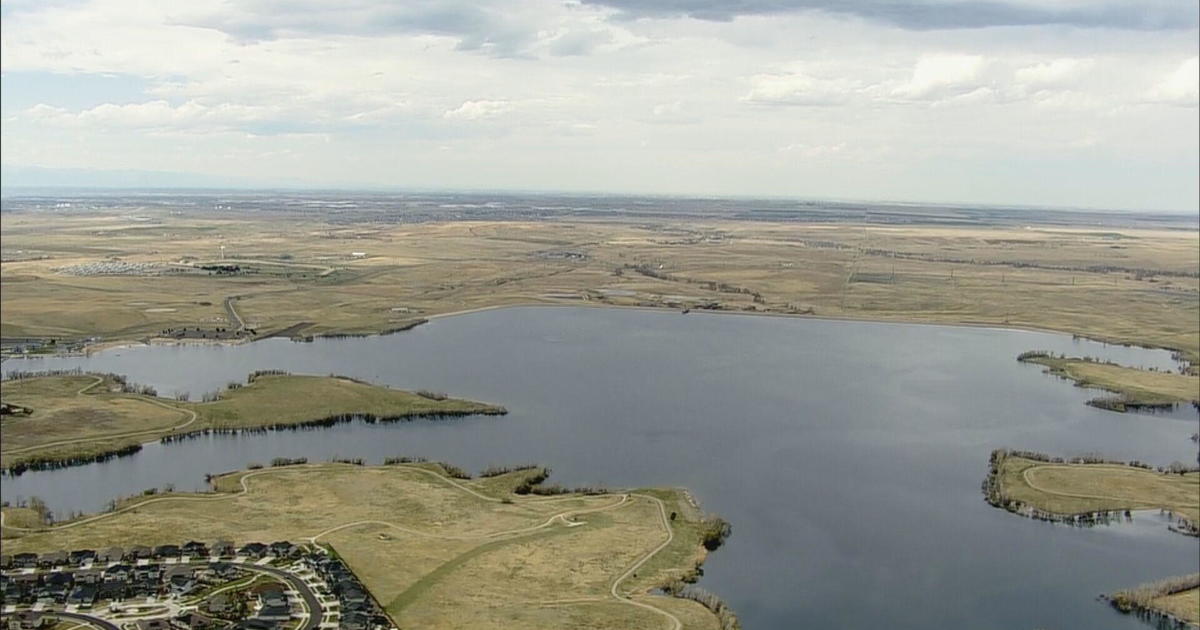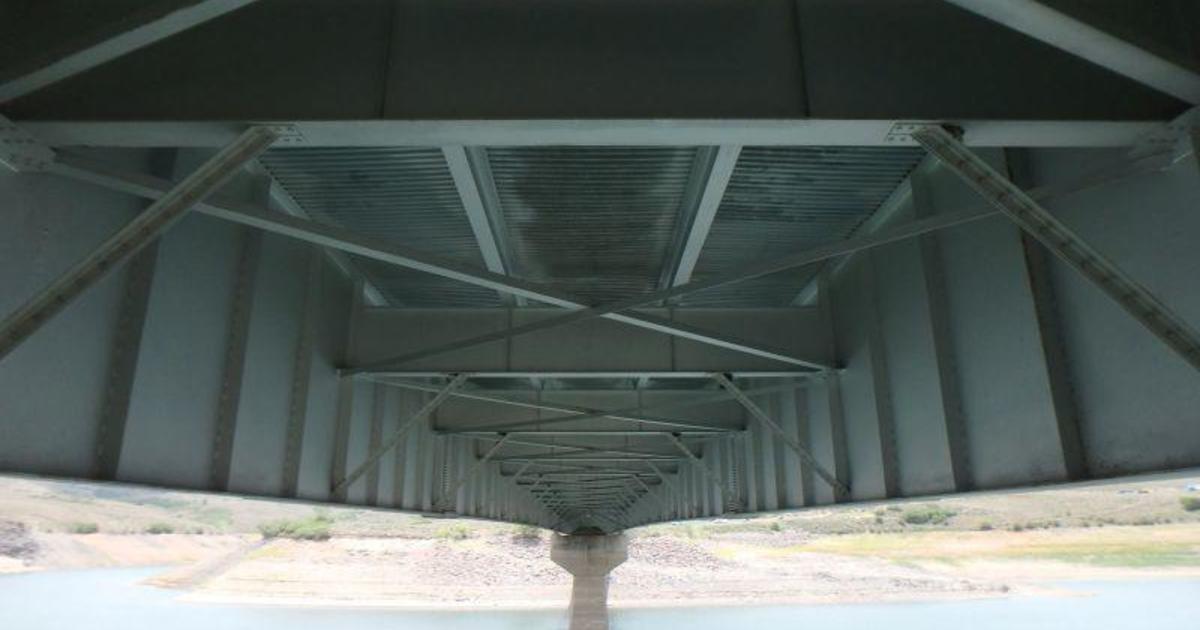Colorado Water Users Prepare For More Drought
DENVER (AP) — Back-to-back, drought-plagued winters have prompted Colorado water users and providers to prepare for another dry year.
Xcel Energy is relaxing some of its water rights on the Colorado River to help Denver Water meet the needs of people on the Front Range and Western Slope.
On May 1, Denver Water and Colorado Parks and Wildlife will close Antero Reservoir in southeastern Colorado then drain it to save water during the ongoing drought.
Officials in Pueblo say Lake Minnequa is continuing to shrink. The lakebed is drying up, and a plan to use a pipeline to bring fresh water into the lake this summer offers little hope of filling it up.
The U.S. Drought Monitor shows all of Colorado is experiencing some level of drought this year. A large portion of southeastern Colorado is seeing exceptional drought — the most extreme condition on the U.S. Drought Monitor's five-level scale.
Denver Water, Fort Collins, Colorado Springs, Aurora, Thornton and other communities are trying to limit watering. Colorado Springs will also charge large water users higher rates.
Bart Miller, water program director for Water Resource Advocates, a nonprofit conservation group, said Wednesday utilities learned a lot from the 2002 drought, one of the worst in the state's history.
A decade ago, they waited until May 1 to take action and many consumers didn't get the message until July, when they got their water bills and it was too late to have much impact. Many utilities and water regulators now begin taking action on April 1.
Drew Beckwith, water policy manager for the group, said conservation and reuse of existing water supplies where it is allowed are more effective than building more reservoirs, which have yet to fill up.
"We don't need more buckets to put it in, we just need water to fill them," he said.
Timothy Buchanan, a water resource attorney, said reuse is a good solution when water users have not used up their quota, but it's not without risk. He said evaporation is a big factor in determining whether reuse will hurt people with senior water rights.
The Xcel Energy decision affects the Colorado River at the Shoshone Hydro Plant. The practice gives the upstream junior water rights holders the ability to store water once the spring runoff begins in earnest
According to water regulators, the winter of 2012 was the fourth worst on record in the Colorado River Basin and the 2013 forecast has been grim. The only improvement during the two winters occurred in March when several major snowstorms continued to build snowpack. By this time in 2012, runoff was already under way.
"This is a statewide drought, and we all need to work together to manage water resources for the health and safety of our residents, our economic vitality and the environment," said Jim Lochhead, manager of Denver Water.
Colorado River District General Manager Eric Kuhn said water restrictions are going into effect now to prepare for the worst.
"In a year like this every extra drop of water we can store now will help us later," he said.
By Steven K. Paulson, AP Writer (© Copyright 2013 The Associated Press. All Rights Reserved. This material may not be published, broadcast, rewritten or redistributed.)



